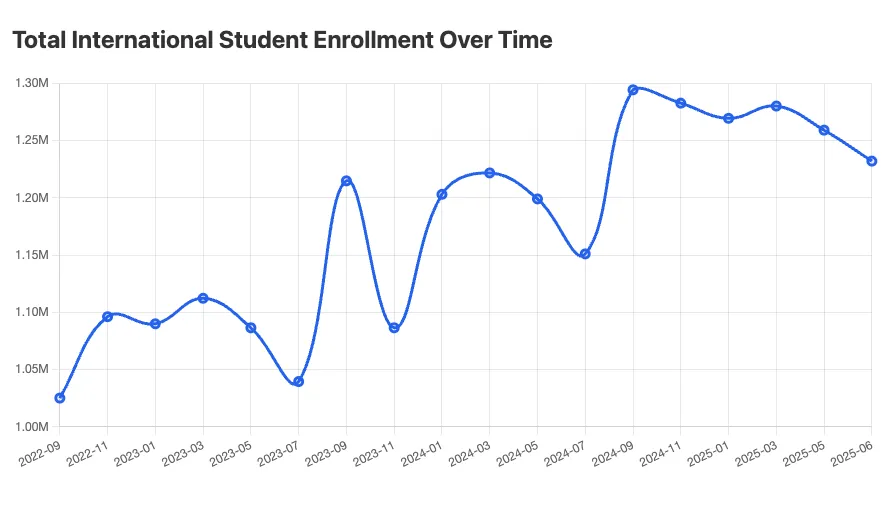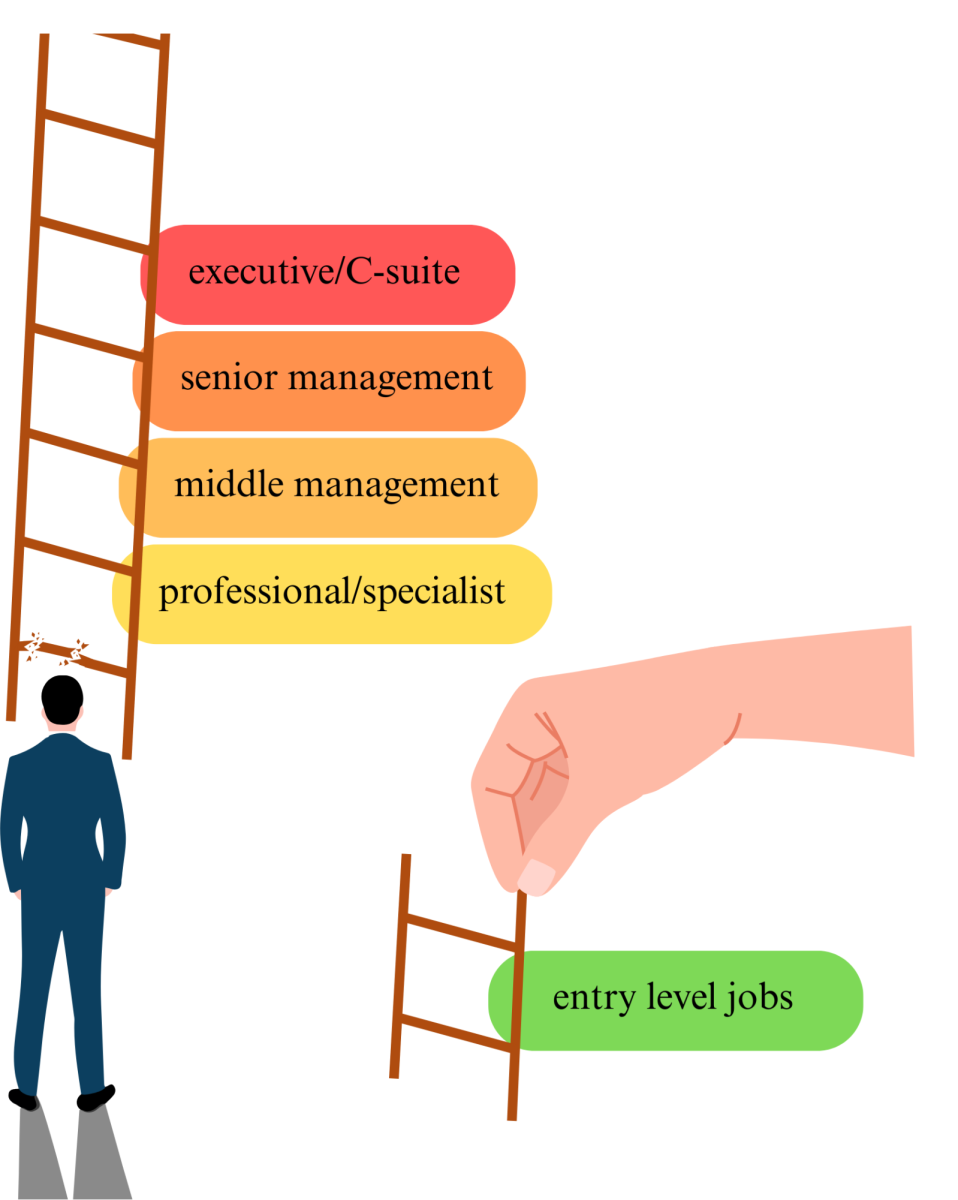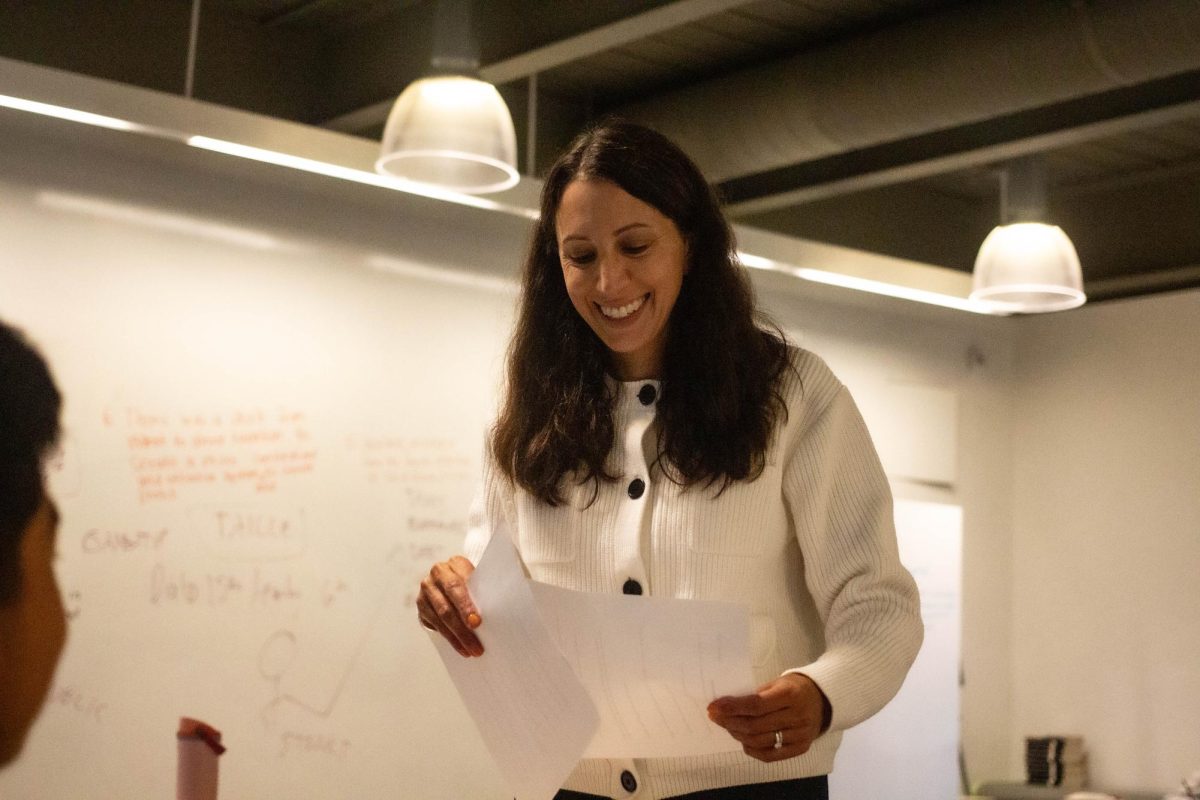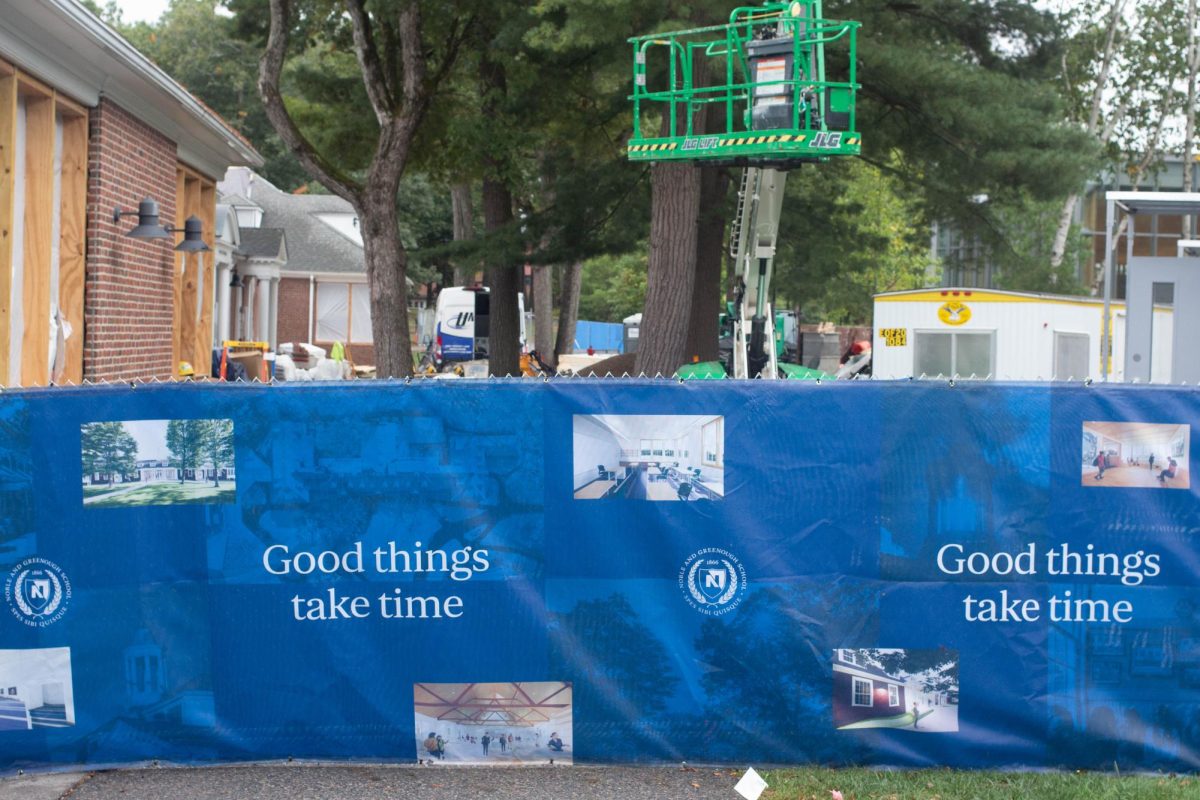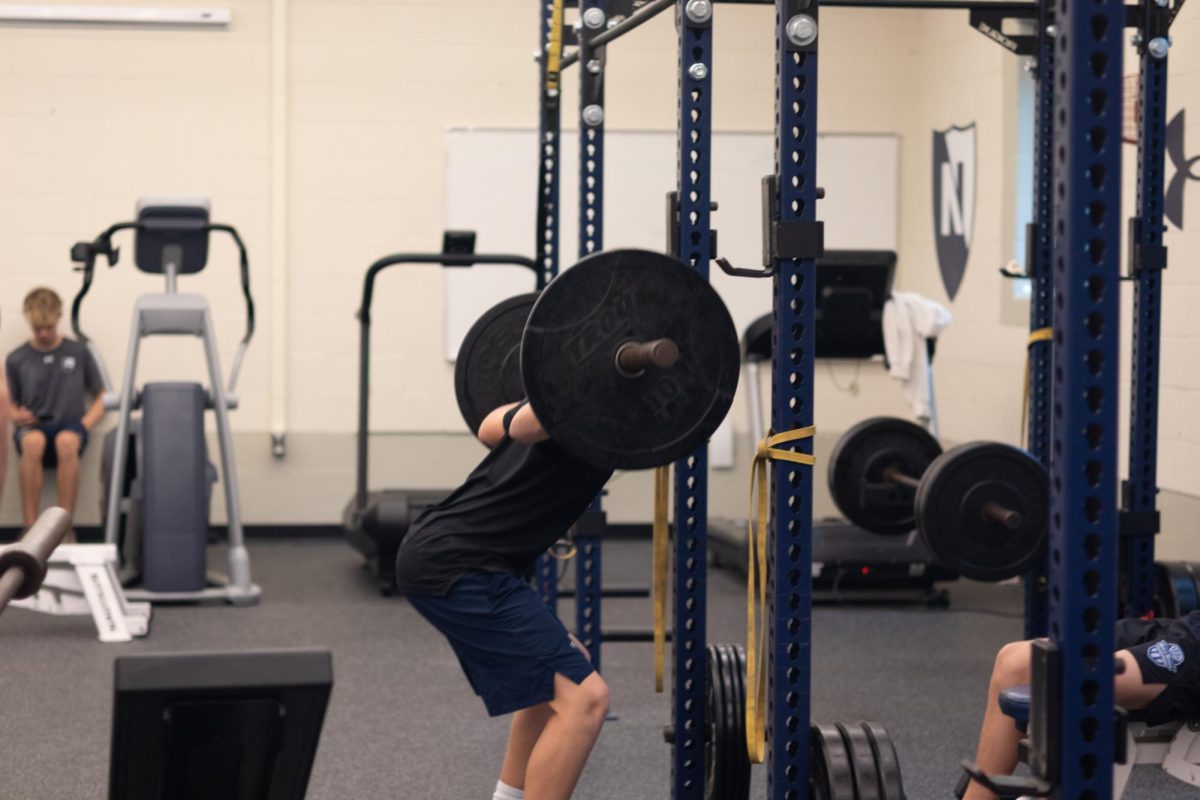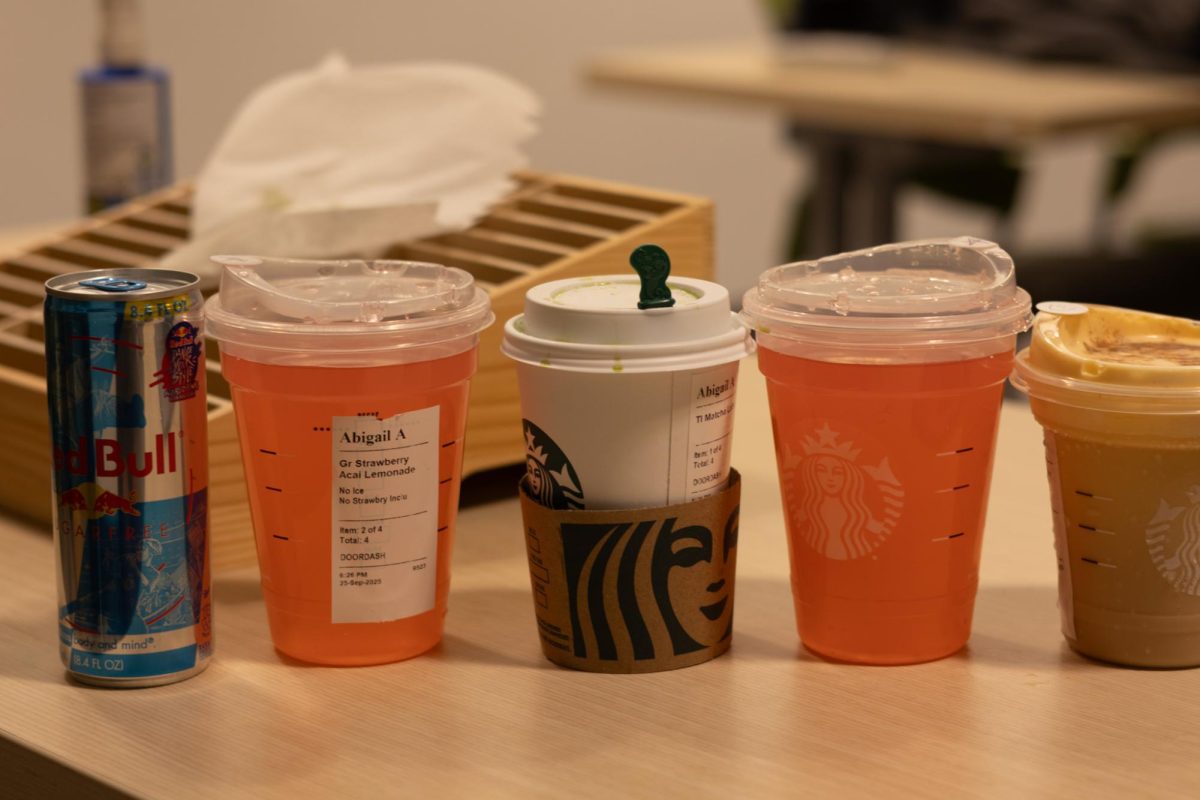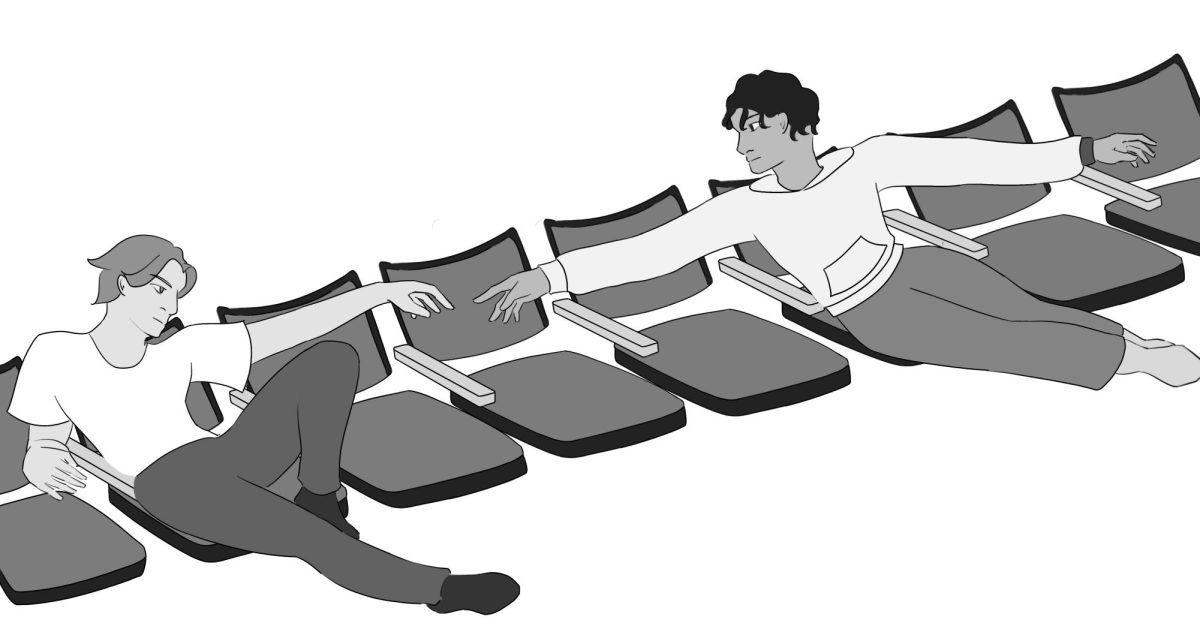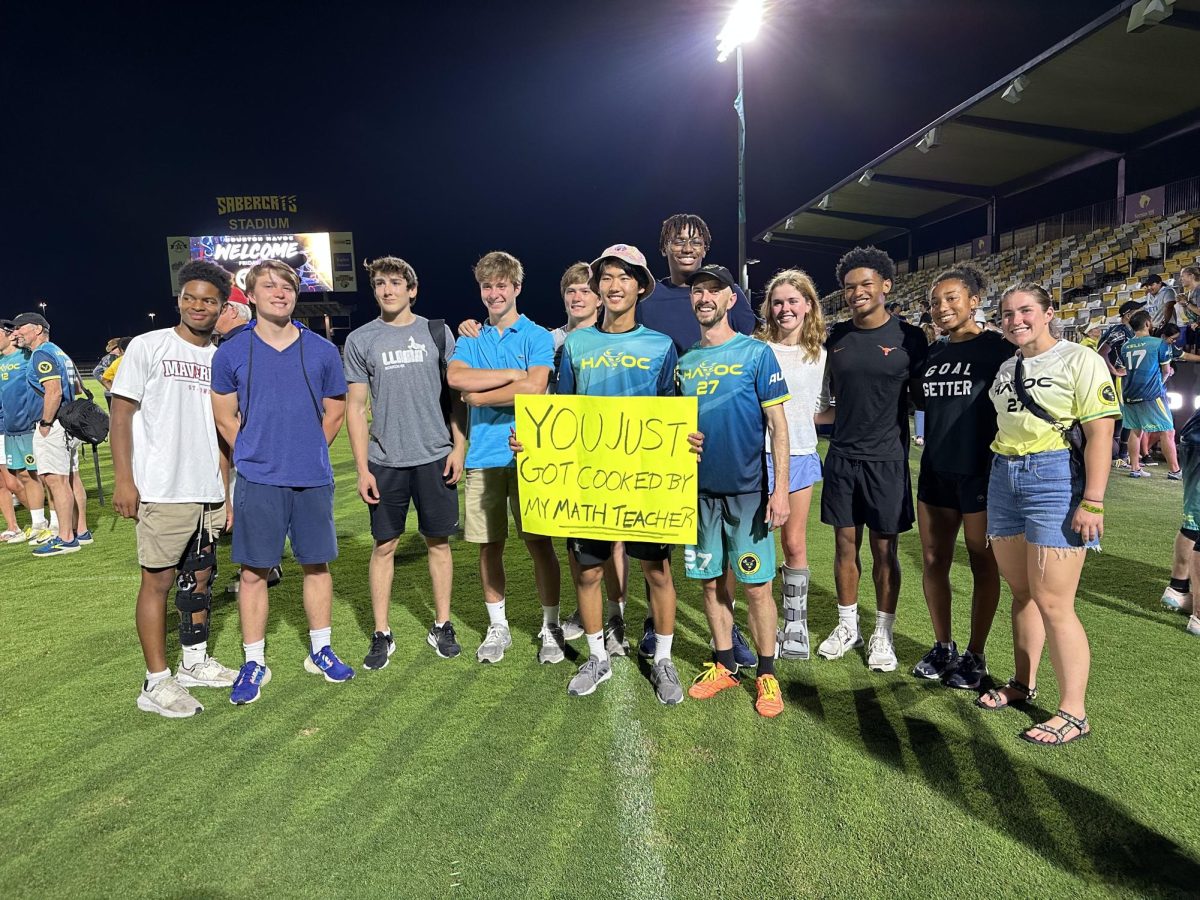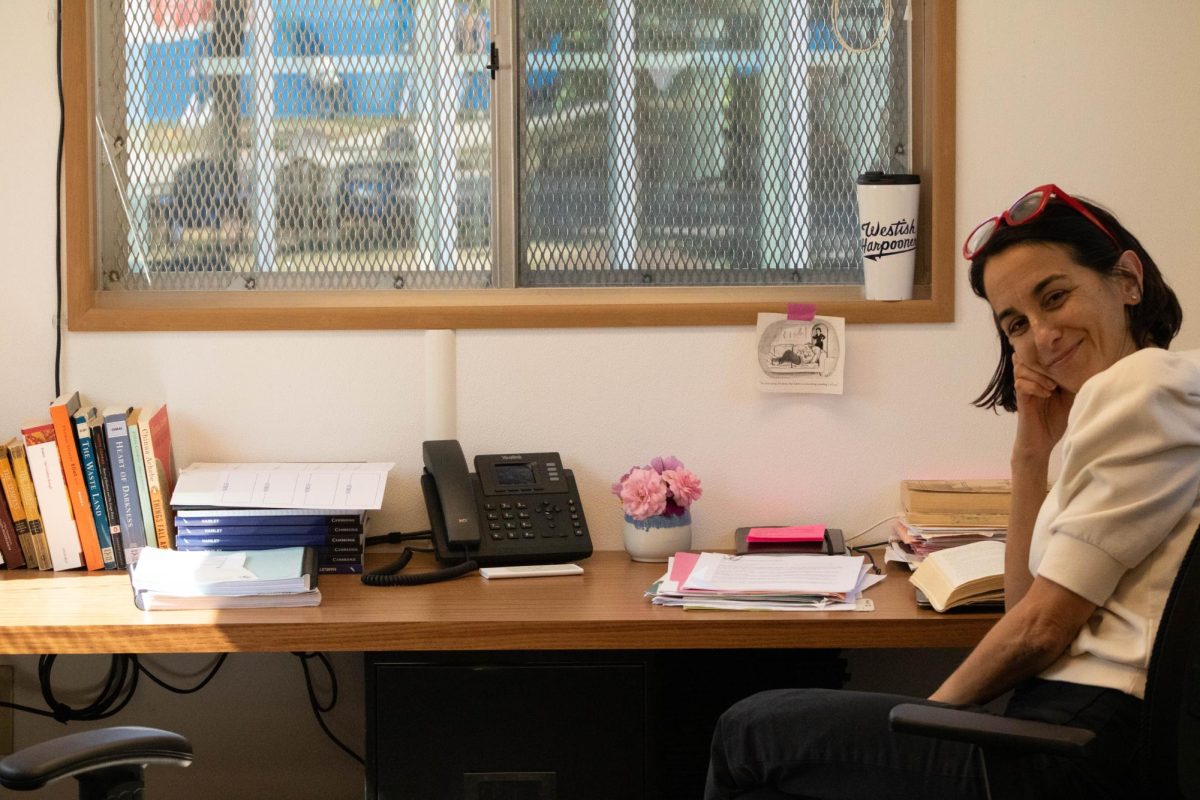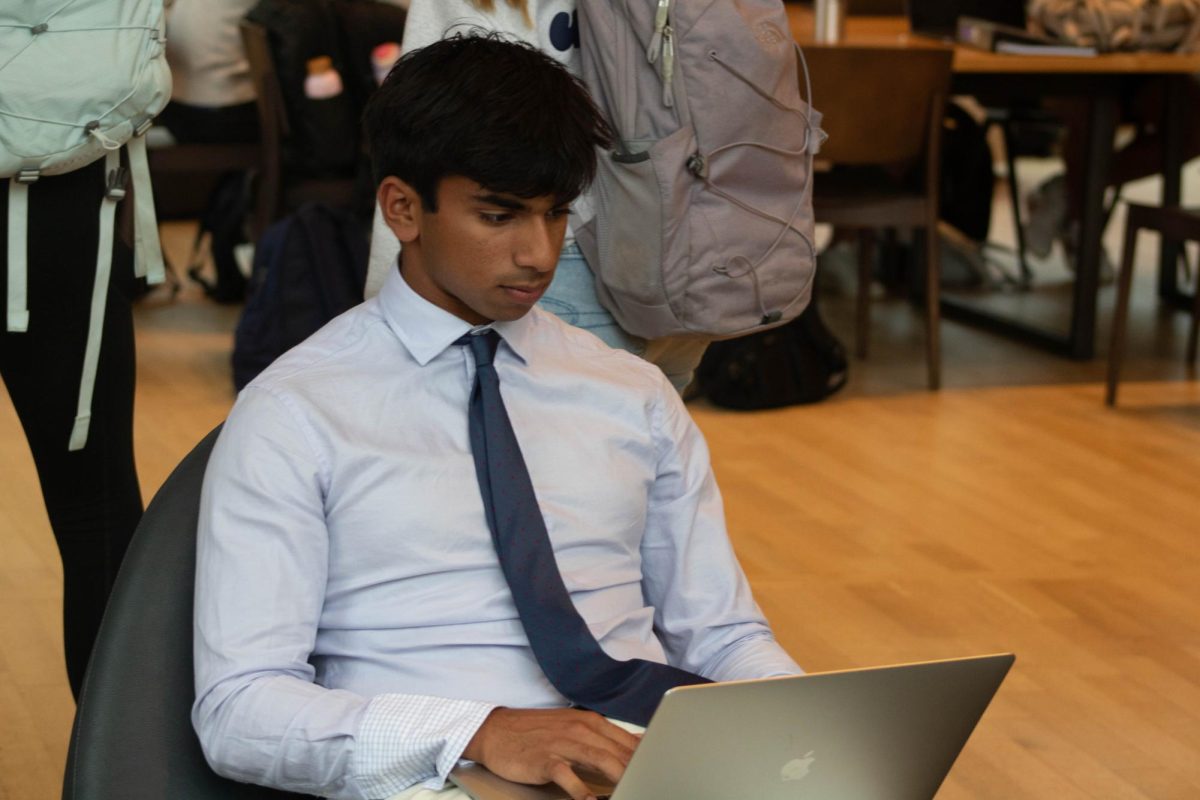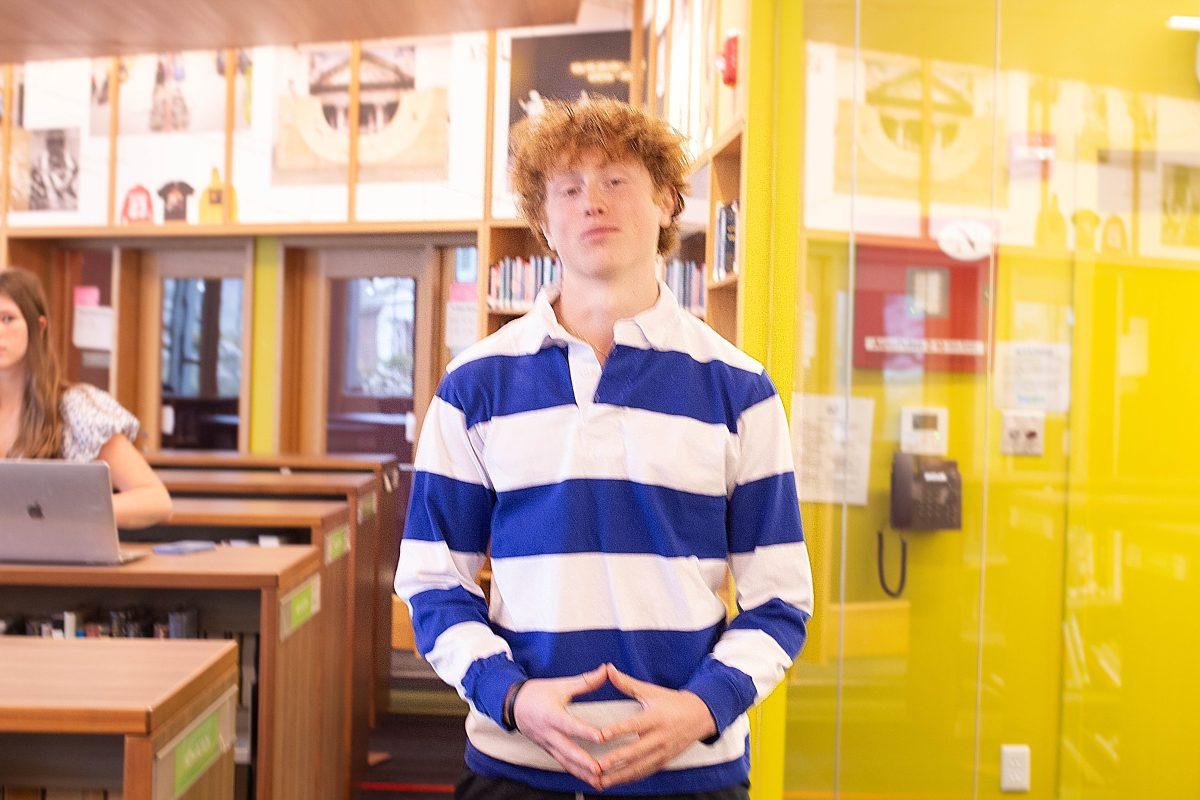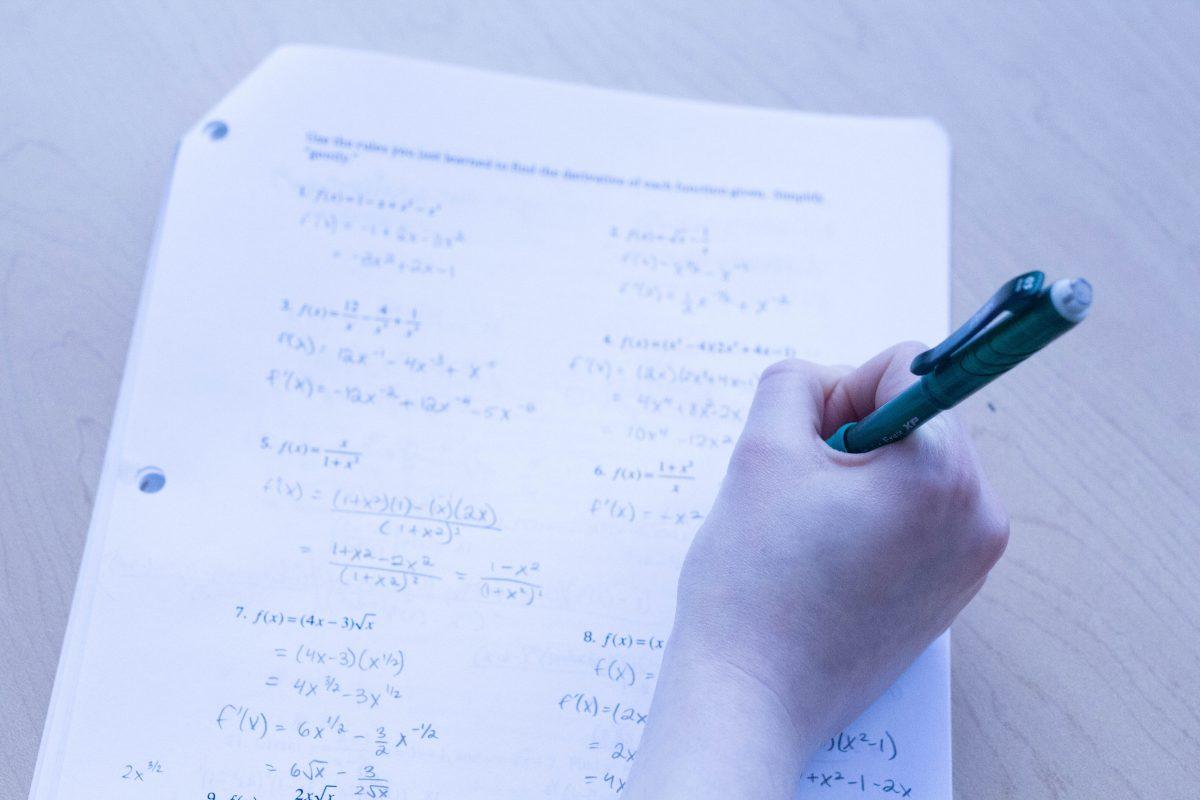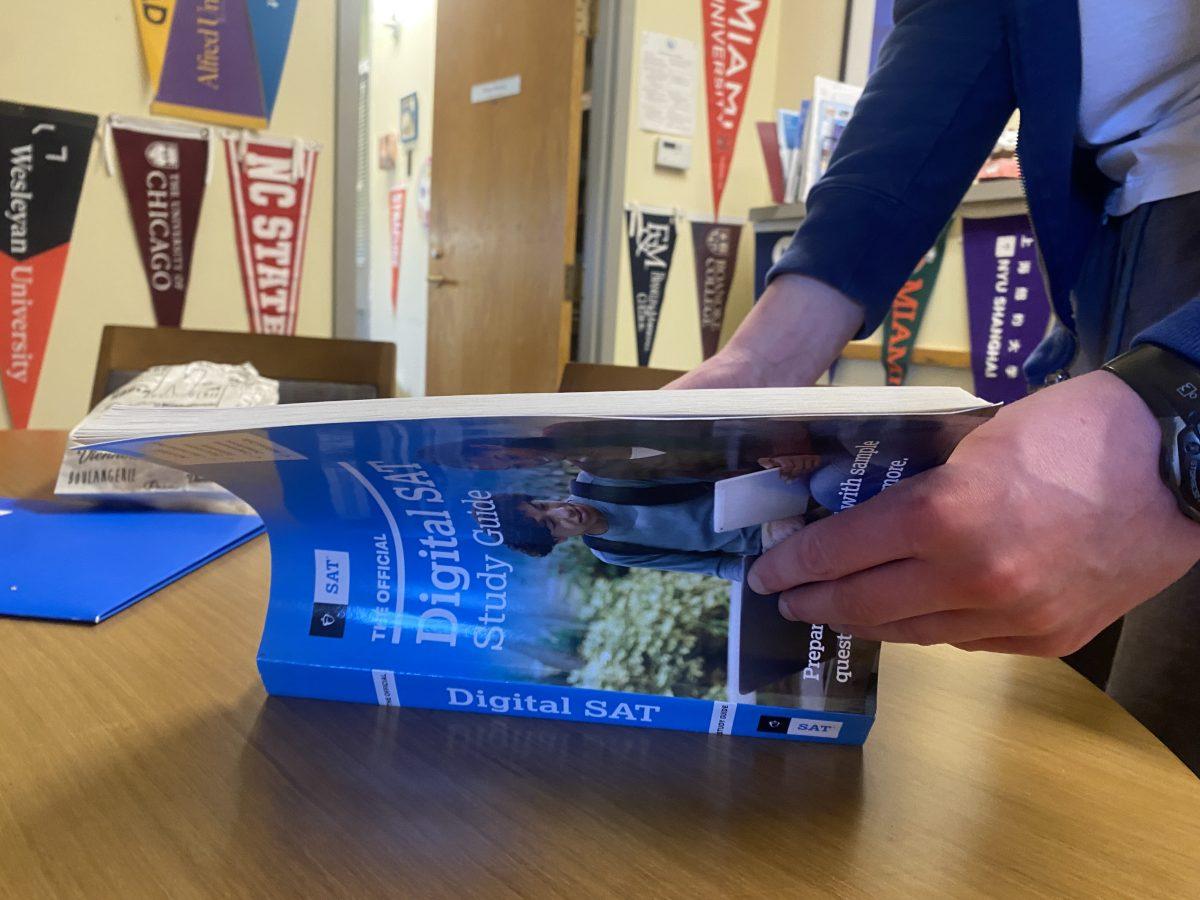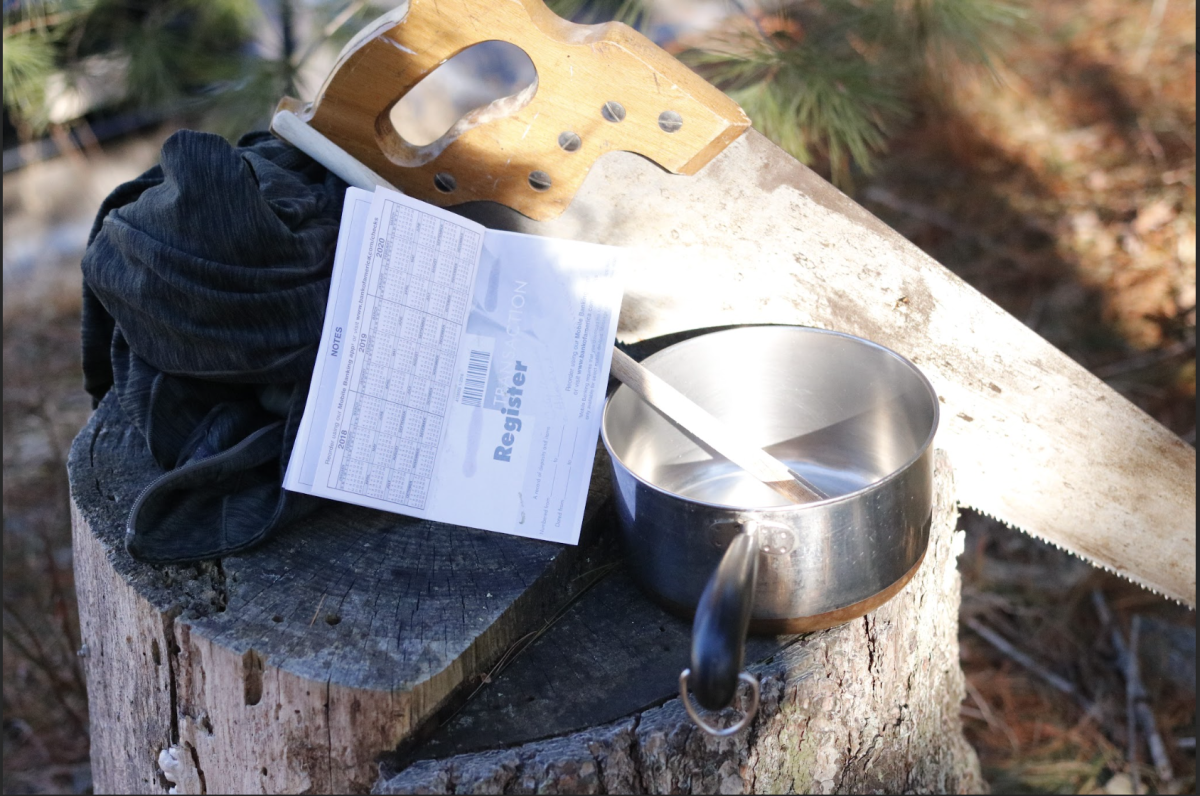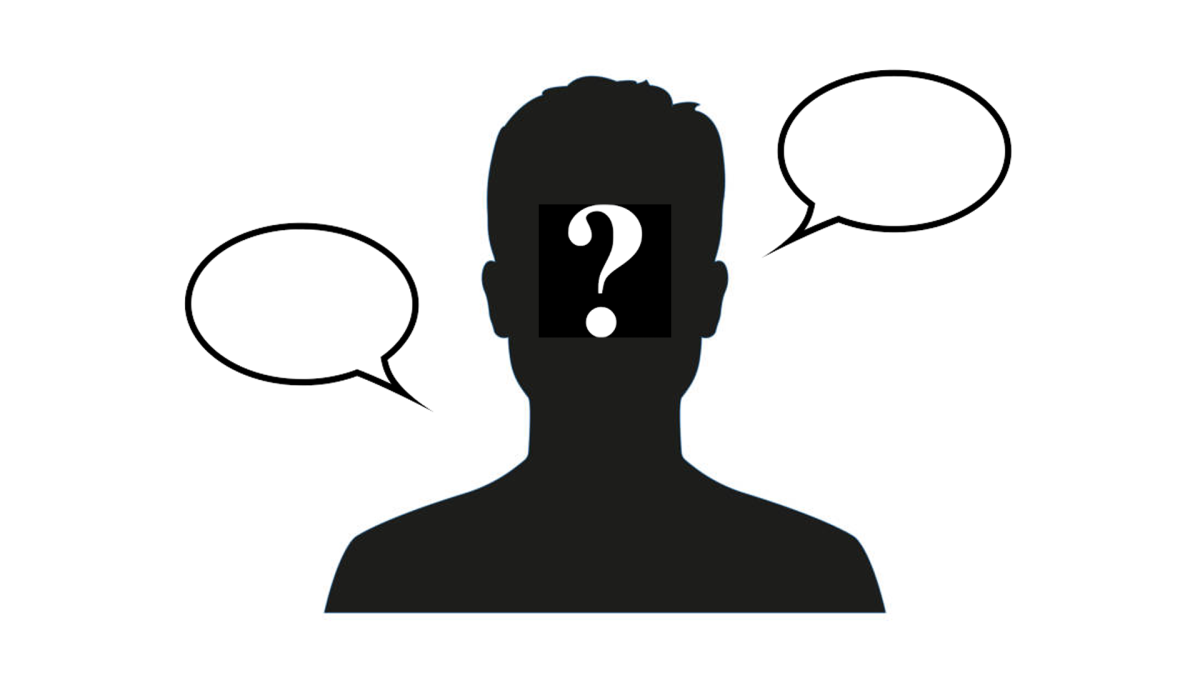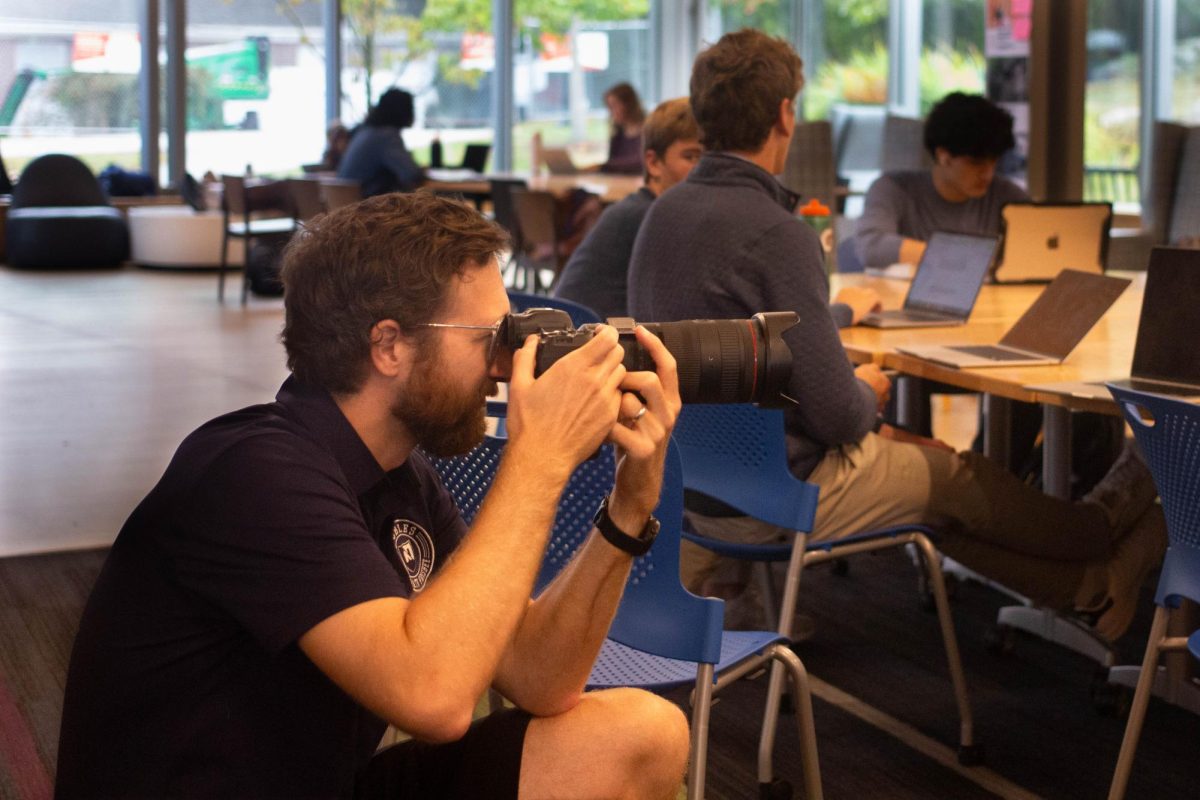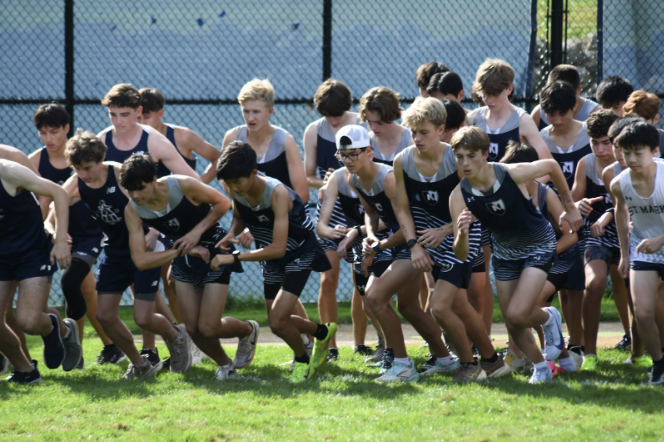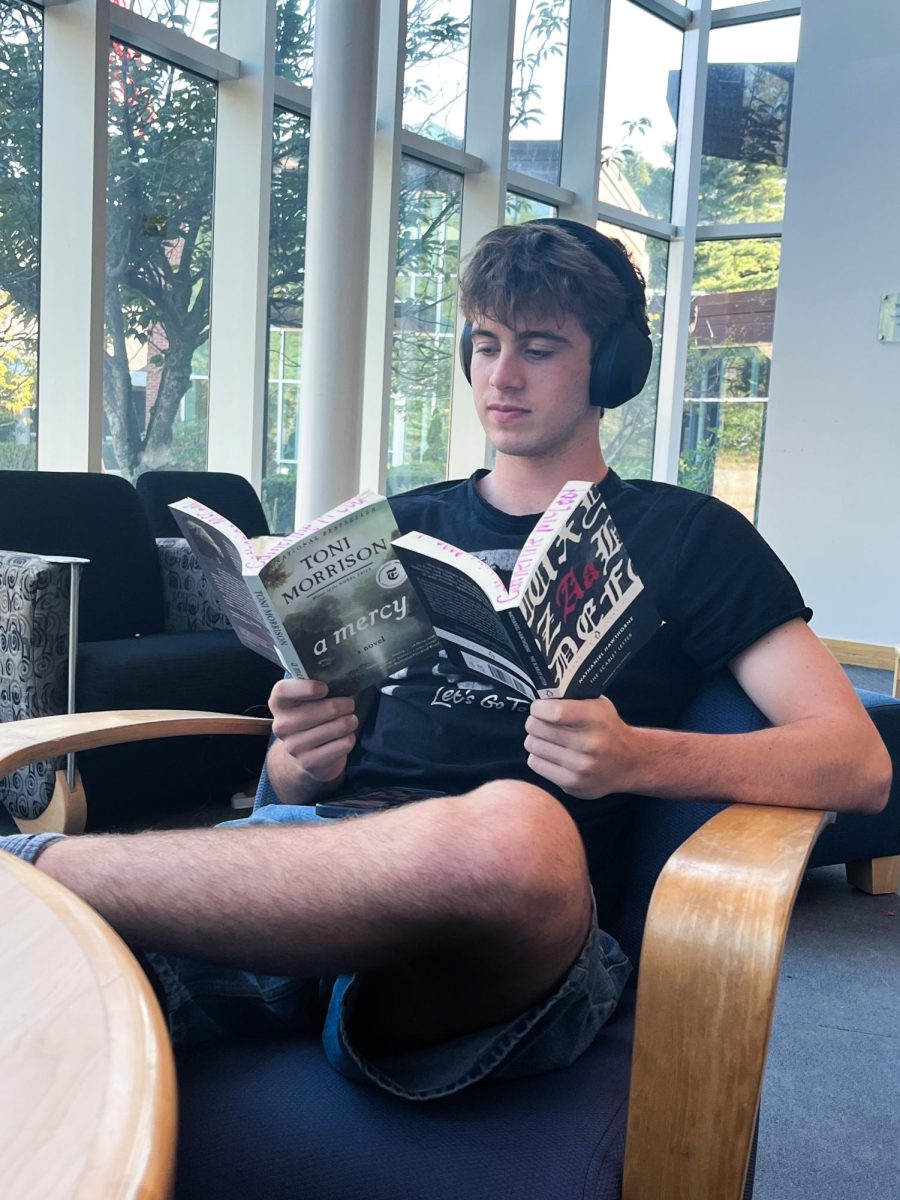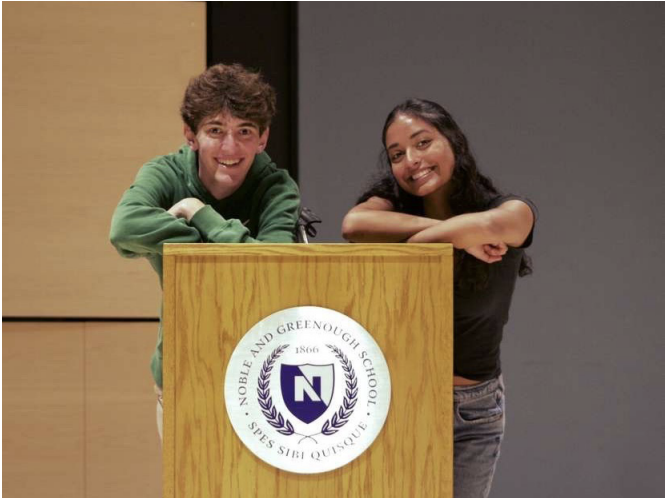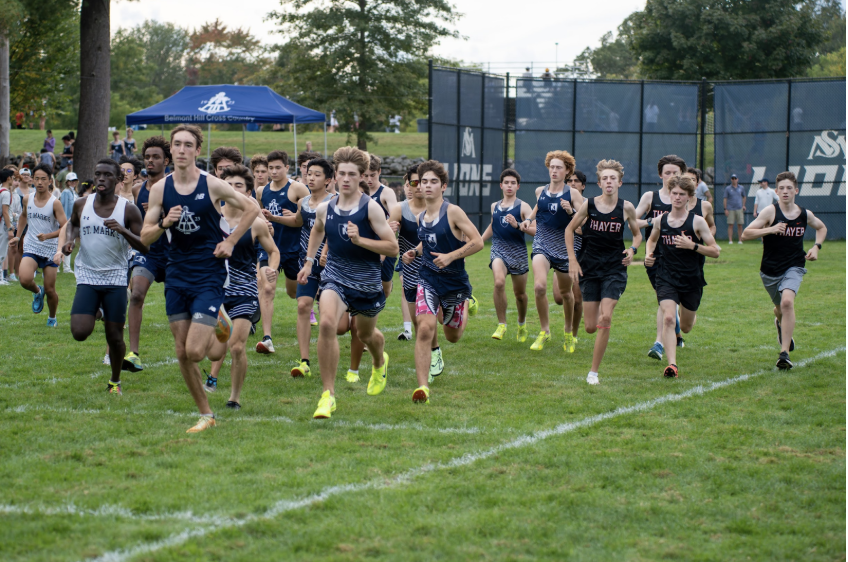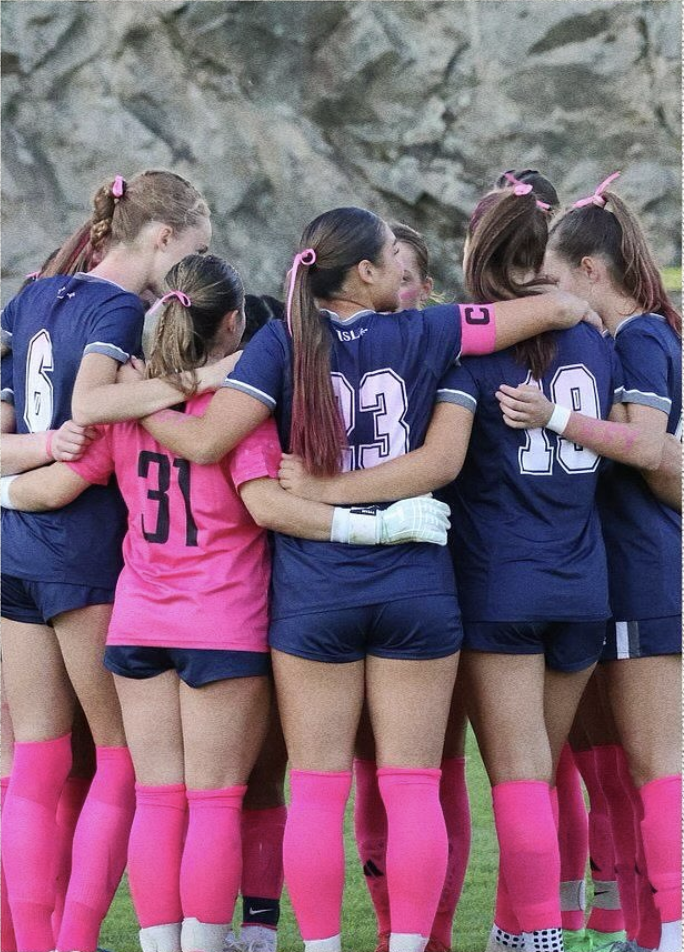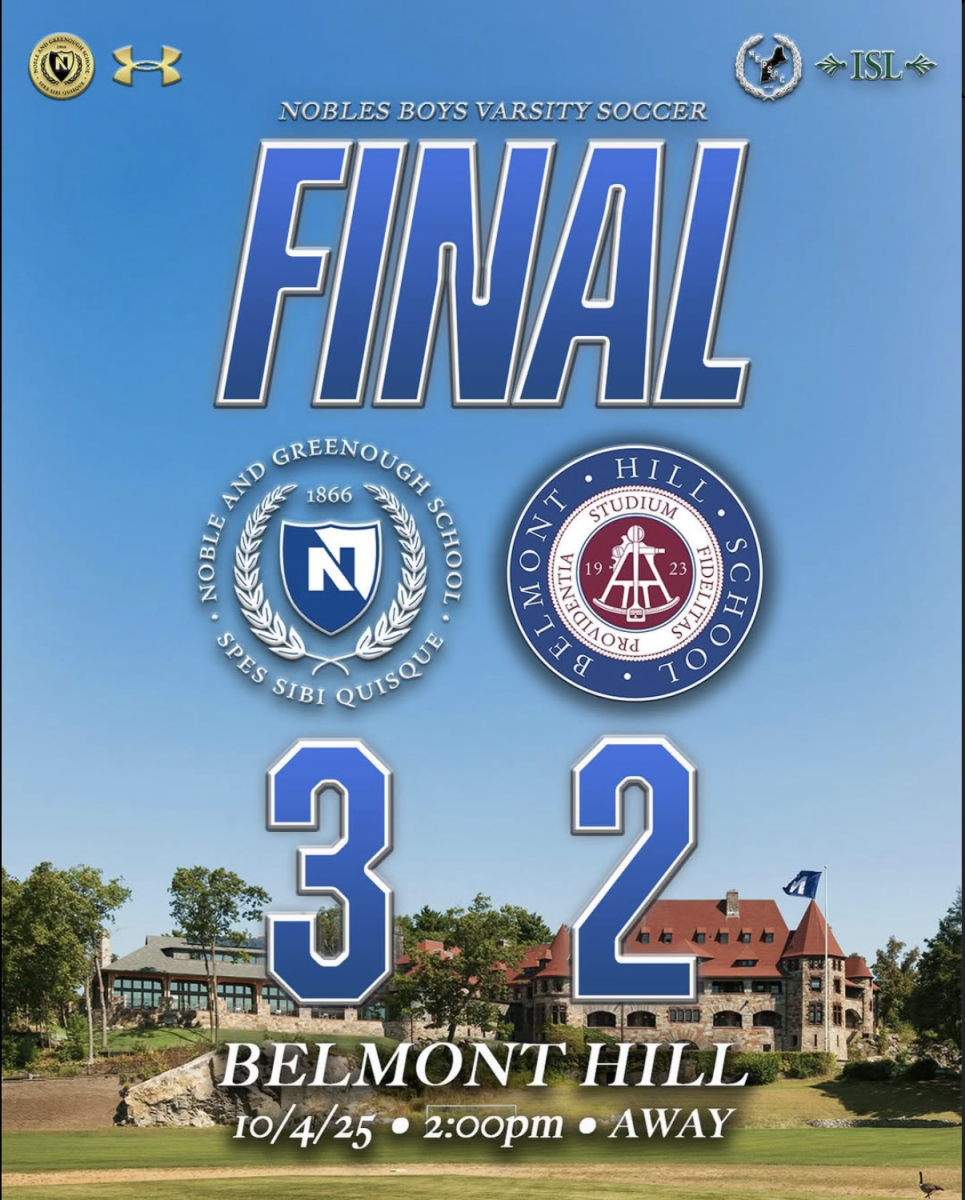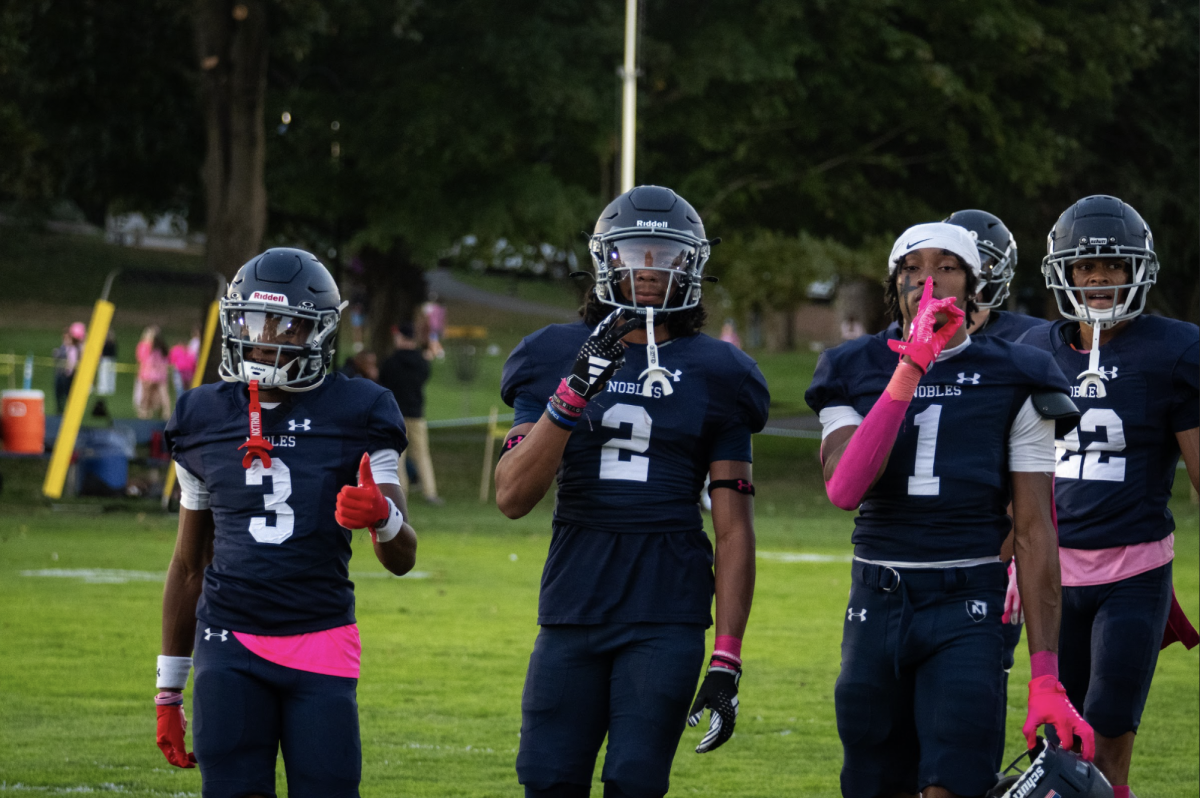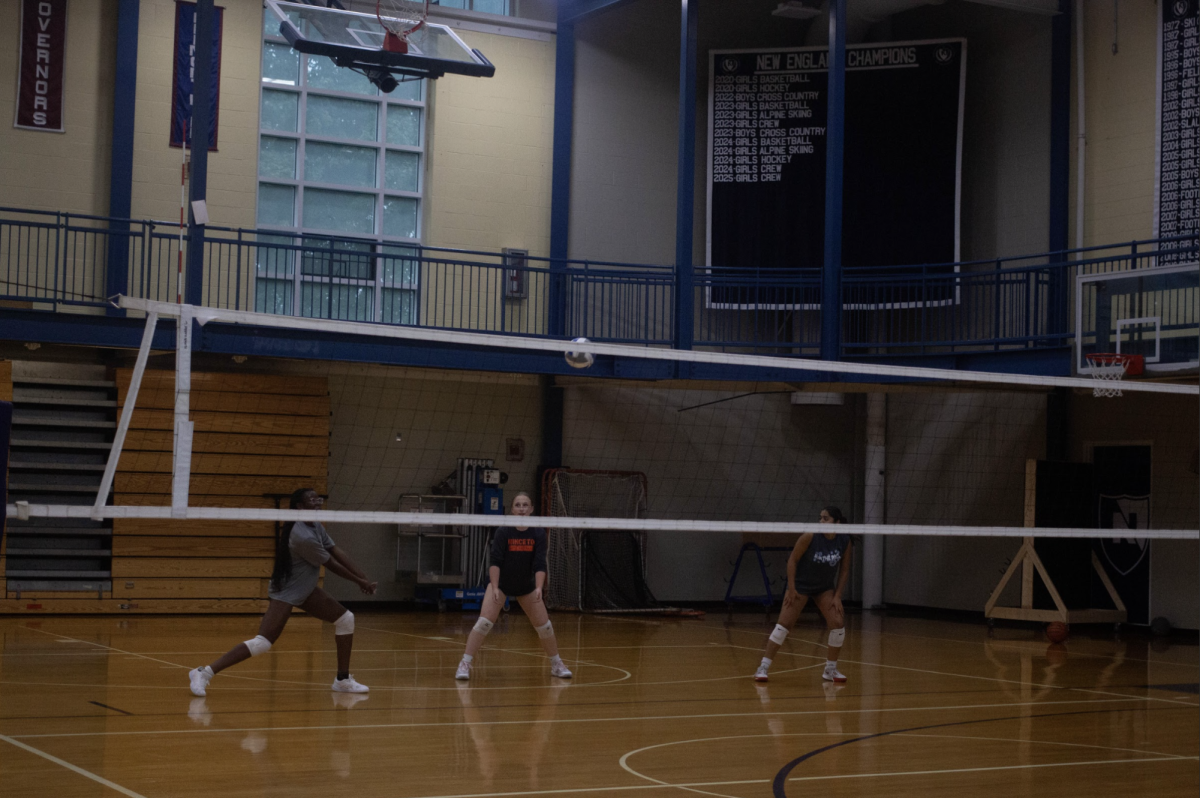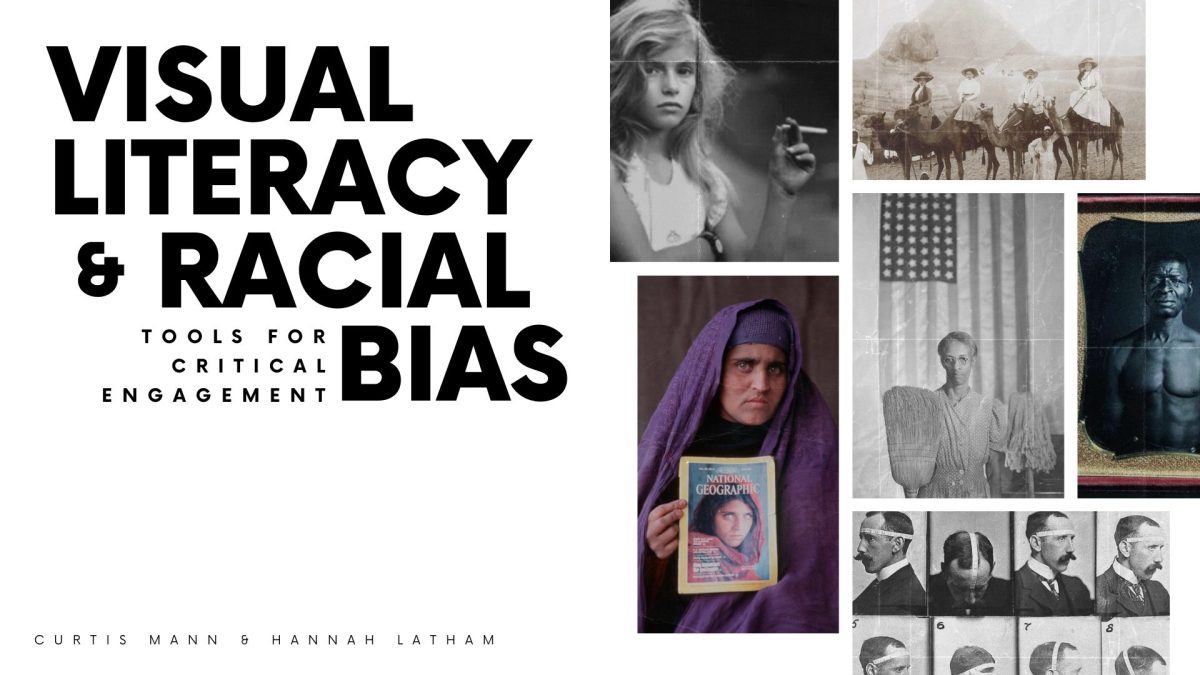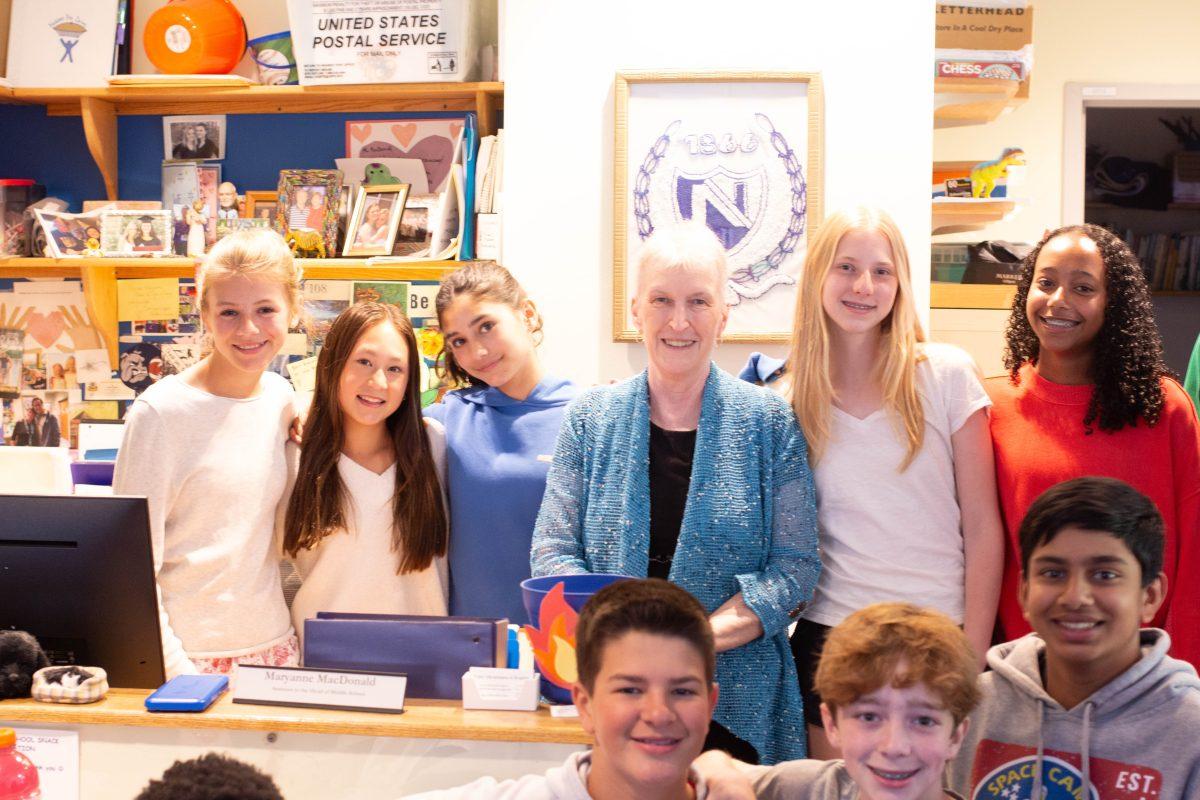After a rough night of homework and studying, waking up is an uphill battle. Unfortunately, sleeping in isn’t an option because there’s a long assembly this morning. So, you consider your options: Eating a large breakfast, chewing some gum, maybe even taking a cold shower. However, these will barely nudge you from your stupor. Walking through the dark, dimly lit hallways to the kitchen for breakfast, you find the Keurig sitting on the counter waiting there just for you. You start the machine and make an invigorating cup of coffee. Sighing with relief, and despite your drowsy start to the day, one thing is clear. That coffee is a godsend.
Sometimes, students need a little boost to push them to excel during the academic day. For many, the answer is caffeine.
“Nobles is a high-pressure environment … More kids are pushing themselves harder than they normally would. Sometimes caffeine just makes it easy,” Vihaan Batra (Class I) said.
Succeeding academically at Nobles means extensive hours of homework every night, living up to college-level expectations in classes, and often sleep deprivation. This is the cost of the “grades before health” mentality that so many students have.
“I think people who like to study late into the night definitely start to feel [sleep debt]. And so once you’re further into that cycle, and you haven’t slept, that’s when caffeine becomes essential,” Alessia Shelley (Class II) said.
In addition to academics, athletics also exacerbate the need for caffeine. A student-athlete must balance grueling training and competitions with academics, making late nights and groggy mornings a common occurrence. Yet again, caffeine serves as a convenient way to remedy this issue.
“Before practice, I would just drink one [energy drink] and I feel better. Before a workout, I feel strong, have a better pump, and have more energy, especially after a long school day,” Andrew Grosso (Class III) said.
Sugar also significantly influences coffee consumption at Nobles.
“When I have kids come to meetings with me and they’ve got their coffee, I always read the label, and there’s usually three pumps of caramel or a shaken caramel espresso. It’s never just coffee,” Class IV Dean Nora Dowley-Liebowitz said.
Clearly, staying up late and balancing one’s commitments aren’t the only reasons students turn to caffeine.
However, not all students regularly drink caffeinated beverages.
“If your body has all the natural things that it needs, there won’t be a need for extra energy unless, of course, you’re gonna get tired at some point. But for the most part, if you’re doing the right things, you’re not gonna get tired when you’re supposed to be awake,” Will Owens (Class III) said.
Whether it’s through better study habits, getting more sleep, or exercising, students can adopt various strategies to reduce their reliance on caffeine to function.
Ultimately, caffeine isn’t inherently bad if consumed in moderation. When trudging through a swamp-like school day, feeling bogged down by deadlines and drowsiness, caffeine can be a life raft. At the same time, when simply trying to enjoy an energizing beverage, caffeinated beverages can be the fix.

